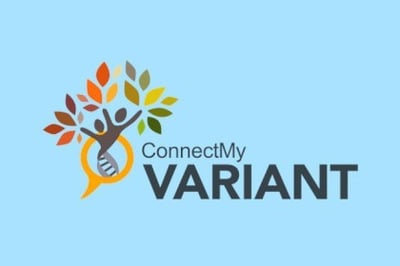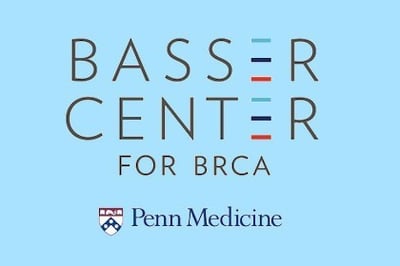Search Results: Surveys, Registries, & Interviews (3 results)
New Search
Surveys, Registries, Interviews
Study for people with an inherited mutation to help them talk with relatives about their family history and genetic test results, connect them to others with the same variant and to their family trees
Connect My Variant
Researchers at the University of Washington (UW) are recruiting participants with known inherited mutation. We aim to help participants talk to relatives (both immediate and distant) about their family history and genetic test results, to connect them with others who have the same variant, and to their family trees together. The study provides tools and resources to help at-risk relatives get genetic testing through their own local doctors.

Surveys, Registries, Interviews
Treatment Study to better understand breast cancer treatment among people with ATM, CHEK2 and PALB2 genetic mutations
Hereditary Breast Cancer Treatment Study (Treatment Study)
The Treatment Study is an international research study to better understand breast cancer treatment among individuals with ATM, CHEK2 and PALB2 gene mutations. Participants are asked to complete online or paper study questionnaires (every two years for 10 years) and share their family history, medical, and genetics records.

Surveys, Registries, Interviews
Registry for people with an inherited mutation or variant of uncertain significance
Identification and Analysis of Families With Genetic Susceptibility To Cancer Registry
The research laboratory at the Abramson Cancer Center is studying genetic sources of cancer risk and currently has one of the largest collections (also called a registry) of families with known or suspected risk in the world. A number of research projects are performed in collaboration with this registry. Research participants receive a numerical identification number that protects their privacy. Collaborating centers do not have access to personal identifiers such as names and dates of birth because only the numerical identifiers are shared.
